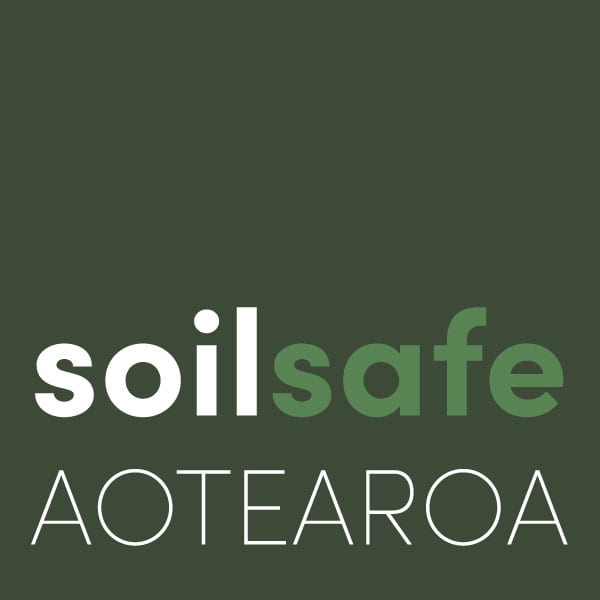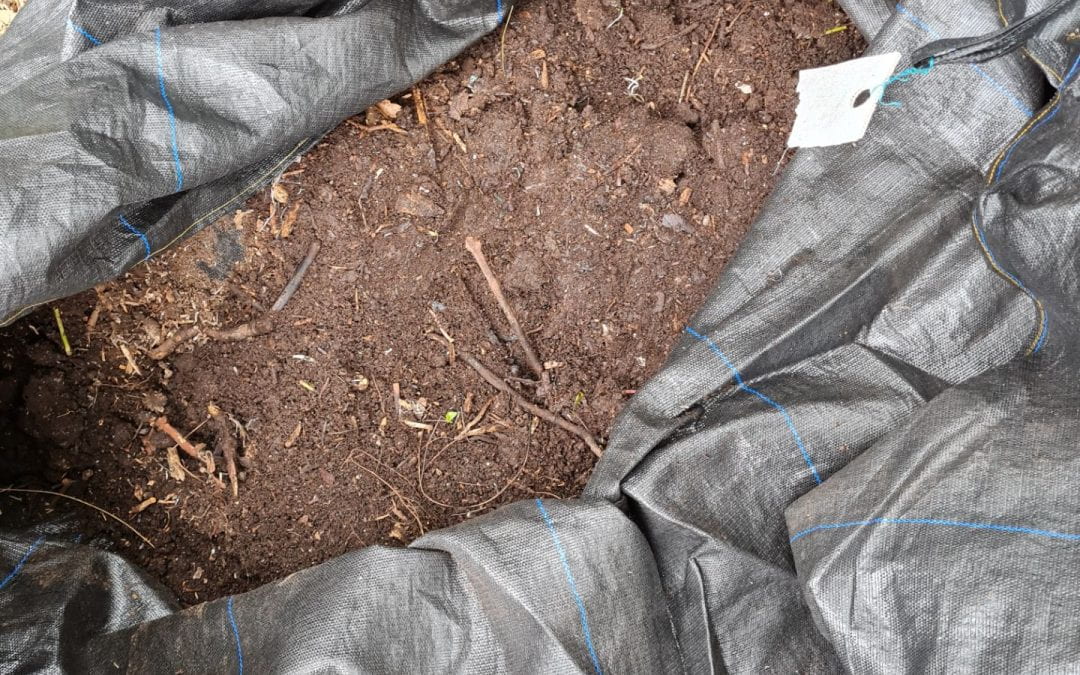Good question! Over the last two years, we, at Soilsafe Aotearoa, have received many enquiries about possible pesticide residues in soil and compost. Pesticides are very expensive to analyse and while we cannot offer pesticide analysis as a routine service, a small funding success from the University of Auckland meant that we could address this important area of concern. This is also what Soilsafe is about: responding to community interest!
What did we look for exactly?
Enquiries we have received have often been about clopyralid, a herbicide that is used to control broad leaf weeds in turf and lawns. Clopyralid has been increasingly discussed in recent years, both locally and internationally. Lawn clippings treated with clopyralid can carry the herbicide over into compost which, when applied to gardens, can cause stunting and distortion of plant growth, particularly in tomatoes and potatoes. The composting sector has been working on the issue for many years but there are still cases where clopyralid can make its way to veggie gardens, causing damage to crops.
The other pesticide we received enquiries about was glyphosate, the most widely used herbicide in the world. Despite its relatively low toxicity, glyphosate use remains a topic of heated debate and it is regularly mentioned in the media, which is probably the reason why people are concerned.
Spring time means that many of us in the Soilsafe team are preparing our gardens. Between us, we sourced 20 different commercially available composts including potting mix, strawberry mix, tomato mix etc. We sent them to an accredited laboratory for analysis of 20 herbicides, including clopyralid and glyphosate.
And we have good news: none of the herbicides was detected!
This suggests that commercial compost producers are managing the pesticide issues adequately.
When it comes to home-produced compost: its quality directly depends on what is composted. Clopyralid is not available for domestic use and so it should not be an issue. In general, we recommend using as little pesticide as possible because pesticides can have negative impact on soil health, beneficial pollinators etc. If you do decide to use pesticide(s), always carefully read and follow the label instructions for safe use.


Recent Comments